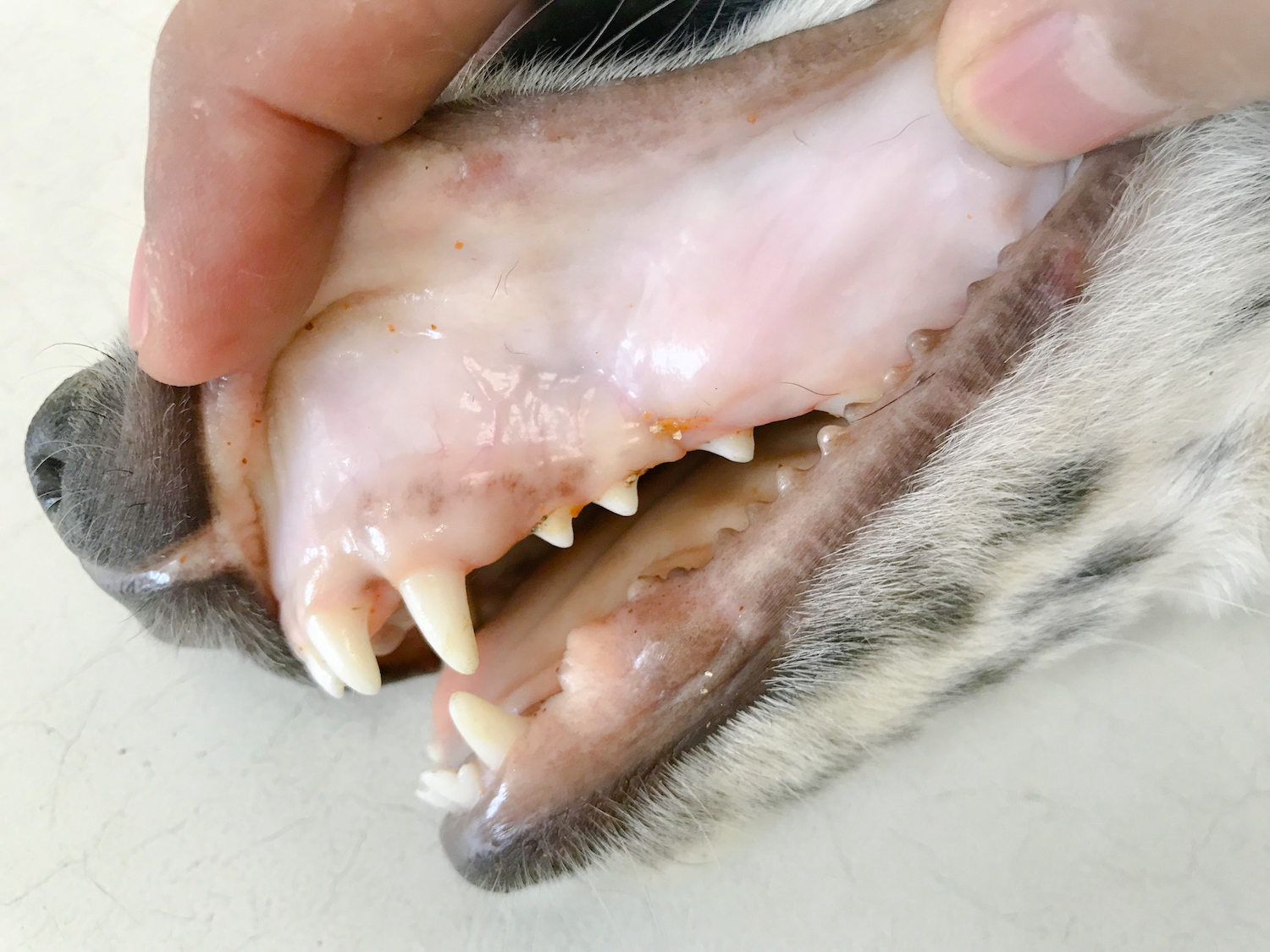
Description
Anticoagulant rodenticides are common poisons used to kill mice, rats, and other rodents. The poison causes life-threatening hemorrhage by interfering with normal blood clotting. Anticoagulant rodenticides are the most frequent cause of poisoning in pets. These poisons are easy to obtain and used anywhere there might be rodents—in homes, garages, farms, cabins, and even wildlife areas. The pet may directly ingest rodent bait, may ingest contaminated food, or may even ingest a rodent that has died from the poison.
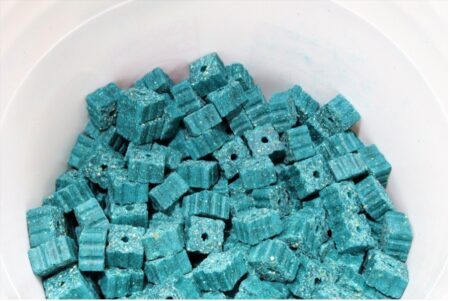 Causes and Toxicity
Causes and Toxicity
Anticoagulant rodenticide poisons interfere with vitamin K activity in the body. Vitamin K1 is an essential ingredient for the body to make blood clotting factors. Rodent poisons decrease vitamin K1 levels and inhibit the production of clotting factors. Without clotting factors, the body can no longer form clots and uncontrolled life-threatening bleeding may occur.
Most of these poisons are bright blue-green pellets, and dogs and cats often confuse them for tasty kibble. Active ingredients in these rodenticides fall into two categories, coumarin-based products (warfarin, coumafuryl, brodifacoum, and bromadiolone) and indanedione-based products (diphacinone, pindone, yalone, and chlorophacinone). Coumarin based products affect vitamin K for days, whereas the effects of indanedione-based products may last for weeks.
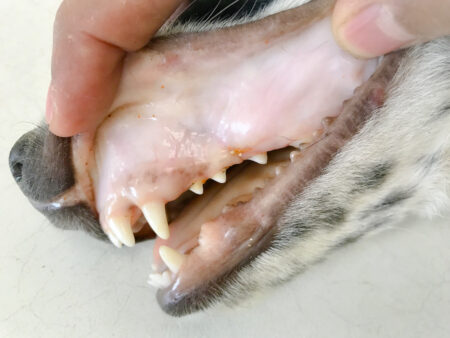 Clinical Signs
Clinical Signs
Signs of anticoagulant rodenticide can take several days to develop because vitamin K and clotting factor stores are depleted over time. Clinic signs are related to anemia and bleeding tendencies. External signs of bleeding or bruising are not always present. If the bleeding is internal, weakness and depression may be the only signs noted.
Signs of anticoagulant rodenticides poisoning may include:
• Weakness
• Depression
• Increased respiratory rate
• Pale gums
• Bleeding from nose or mouth
• Lack of appetite
• Enlarged abdomen
• Vomiting
• Bloody or dark tarry stools
• Swelling painful joints
• Bruising
• Neurologic signs
Diagnostic Tests
If ingestion of the rodenticide was witnessed, the diagnosis is straightforward. Not all rodent poisons are anticoagulants, so it is important to identify what active ingredient was ingested.
If ingestion or exposure of the poison was not witnessed, other causes of illness must be ruled out. The veterinarian will start with a physical examination to look for any evidence of external or internal bleeding. Blood tests including complete blood count and serum blood chemistry will likely be recommended for a baseline evaluation. The initial bloodwork may appear to be normal. Special blood tests called coagulation panels will be sent to a reference lab to evaluate the pet’s ability to clot. Additional tests, such as x-rays and an ultrasound, may be recommended to identify internal bleeding in the chest and abdomen.
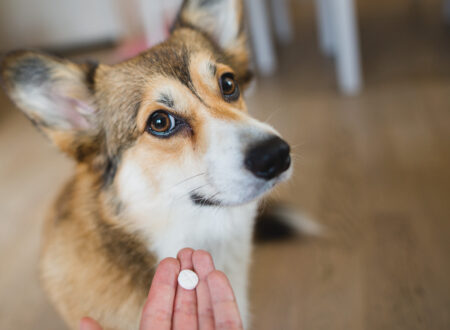 Treatment
Treatment
Contact your veterinarian immediately if you suspect your pet has ingested poison. Early decontamination and treatment decrease the risk for serious toxicity. If an anticoagulant rodenticide ingestion occurred within a few hours of seeking treatment, the veterinarian will induce vomiting. Inducing vomiting helps to minimize absorption of the toxin. Activated charcoal may then be administered to further decrease the absorption of anticoagulant rodenticide by the gastrointestinal tract.
The antidote to anticoagulant rodenticide is vitamin K1, a prescription drug. Even if the poison is vomited, treatment with vitamin K1 is usually instituted to ensure patient safety. Vitamin K is given by mouth to increase the clotting factors in the body and prevent bleeding. Oral vitamin K should be administered with food to improve absorption. The duration and dosage of vitamin K1 required depend on the type of toxin ingested. Coumarin products are active for days, whereas indanedione products are active for weeks. If the exact type of toxin is not known, treatment is often given at high doses for 4-6 weeks.
If ingestion of poison occurred days before seeking treatment, and symptoms of bleeding or anemia are present, hospitalization at a 24-hour specialty facility is necessary. In addition to vitamin K1, intravenous fluids and blood or plasma transfusions may be necessary. Oxygen therapy helps support pets with respiratory symptoms. Patients that suffer from internal bleeding may need removal of blood from the chest or abdominal cavity. Repeated blood work to monitor blood clotting times, red blood cell counts, and platelet counts are commonly performed.
Follow-up Care
When anticoagulant rodenticide poisoning occurs, vitamin K1 supplementation must be continued for several weeks. Approximately 48 hours after discontinuing the vitamin K1, blood clotting times will be evaluated to assure no further supplementation is needed. During the early stages of recovery at home, limited activity is recommended to prevent injuries that could cause bleeding. Once vitamin K1 supplementation can be discontinued, the pet can return to regular activities.
Prognosis
Early diagnosis and aggressive treatment are crucial in treating anticoagulant rodenticide poisoning in pets. Pets have their best chances of survival if seen quickly by a veterinarian. Patients that receive prompt treatment including induction of vomiting, administration of activated charcoal, vitamin K therapy, and follow up monitoring have a good prognosis. These pets may make a complete recovery.
Pets that receive delayed treatment after symptoms of anemia and hemorrhage have developed have a more guarded prognosis. These patients may need hospitalized for observation and treatment for 2-6 days, depending on the active ingredient and how much rodent poison was ingested.
Ingestion of rodent poisons can be fatal. Without treatment, the prognosis is grave.
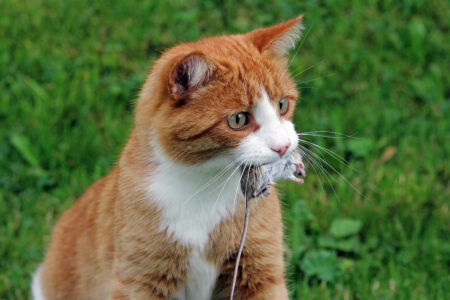 Prevention
Prevention
Prevention is key! Keep all rodent poisons away from pets. Consider an alternative form of rodent control, such as live traps. If you must use rodent poison keep a detailed record of how much and where the poison was placed. Take a picture of the product and active ingredients in case you need to refer to it later for veterinarian treatment. Never let pets eat unidentified objects, as these may contain poisons that are hard to identify after the fact.
If you suspect your pet ingested an anticoagulant rodenticide, it is important to contact your veterinarian and Pet Poison Helpline, a 24/7 animal poison control center, at 1-800-213-6680 right away to help determine the risk of poisoning to your pet.


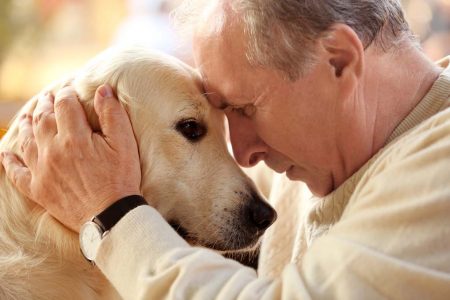



Recent Comments